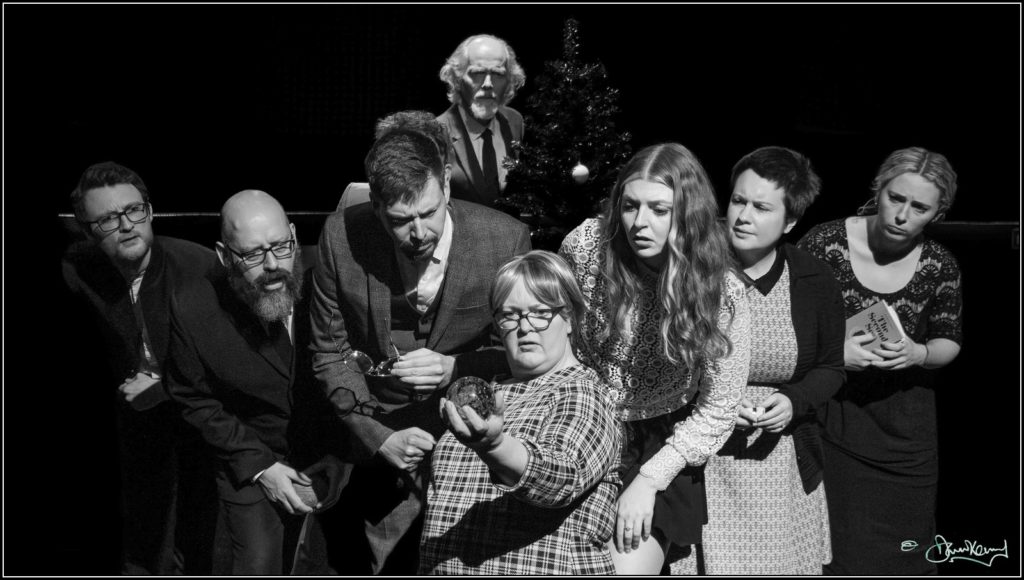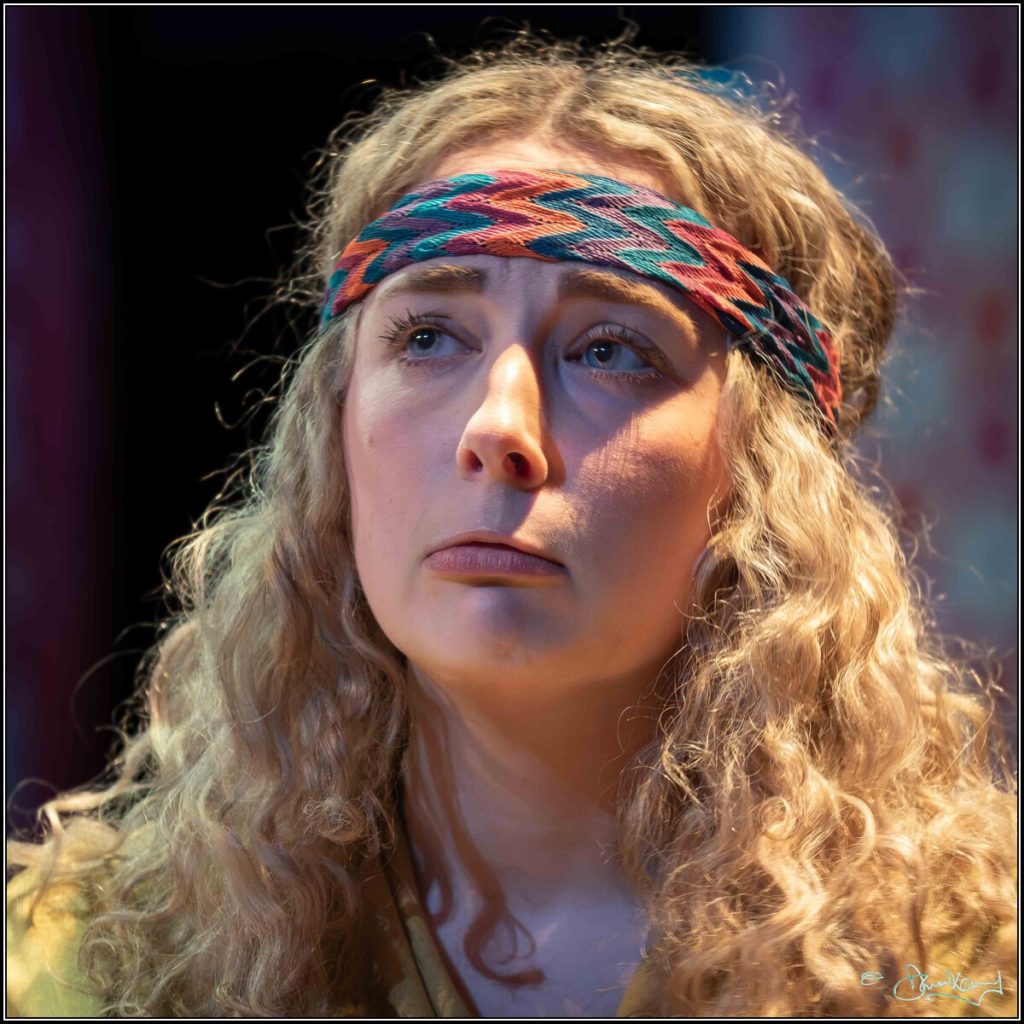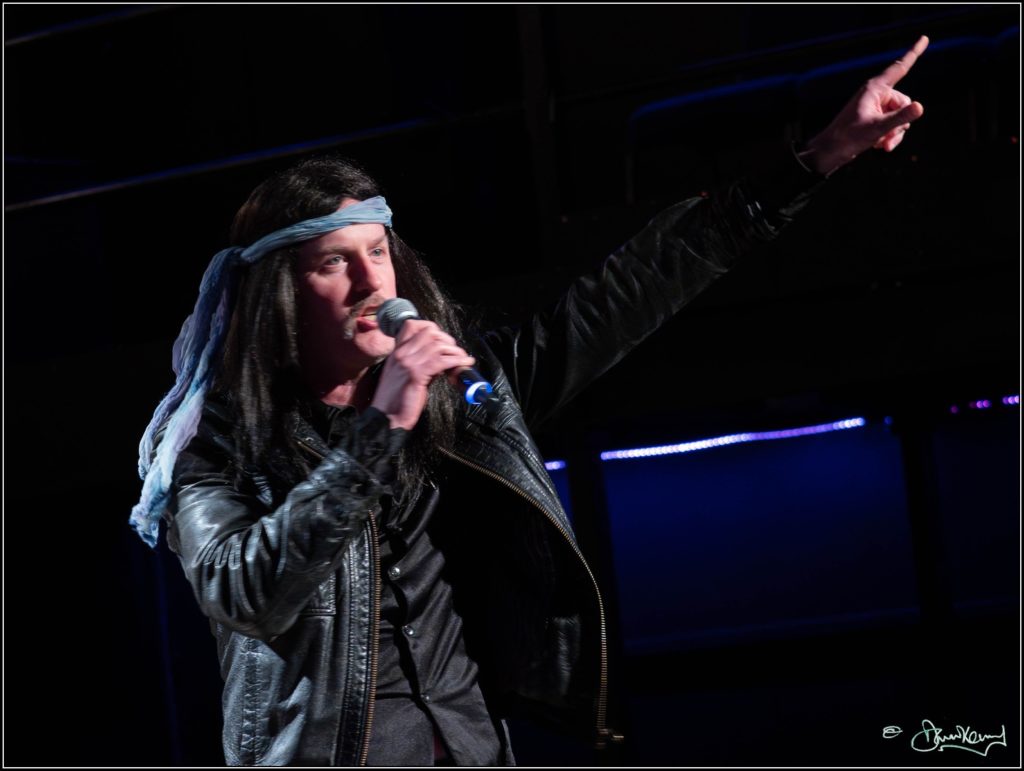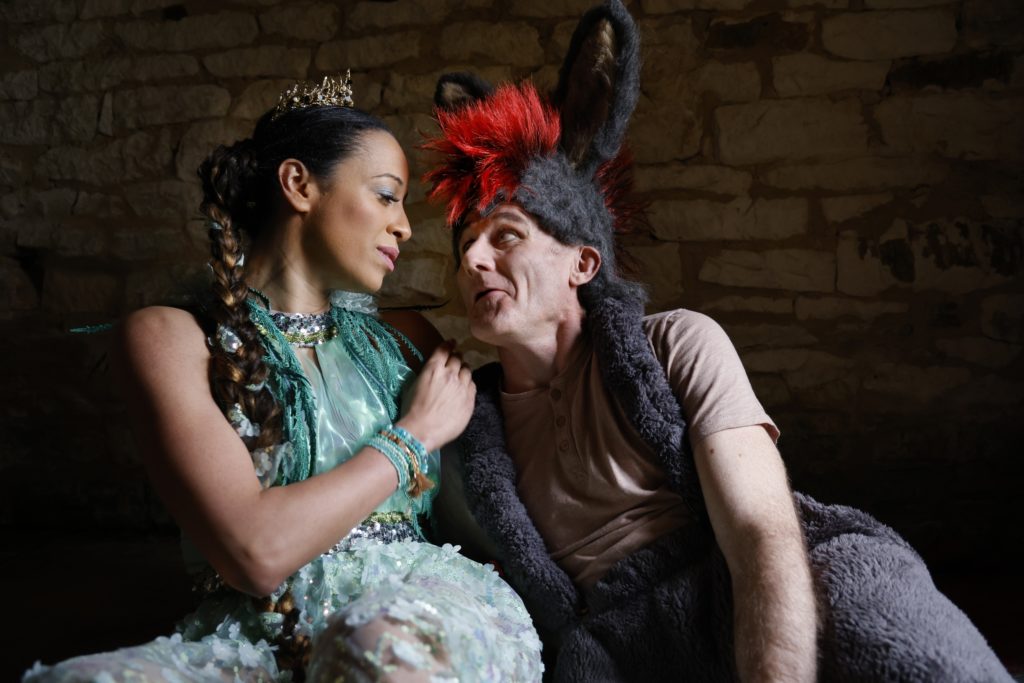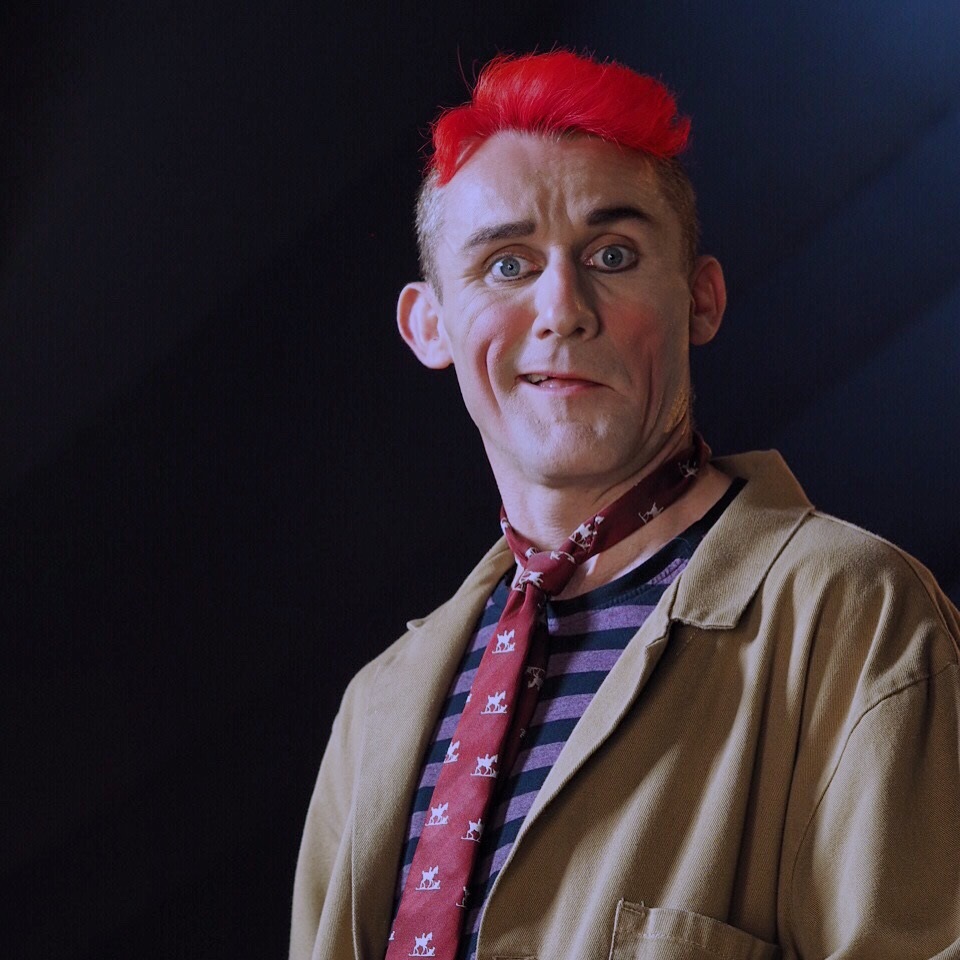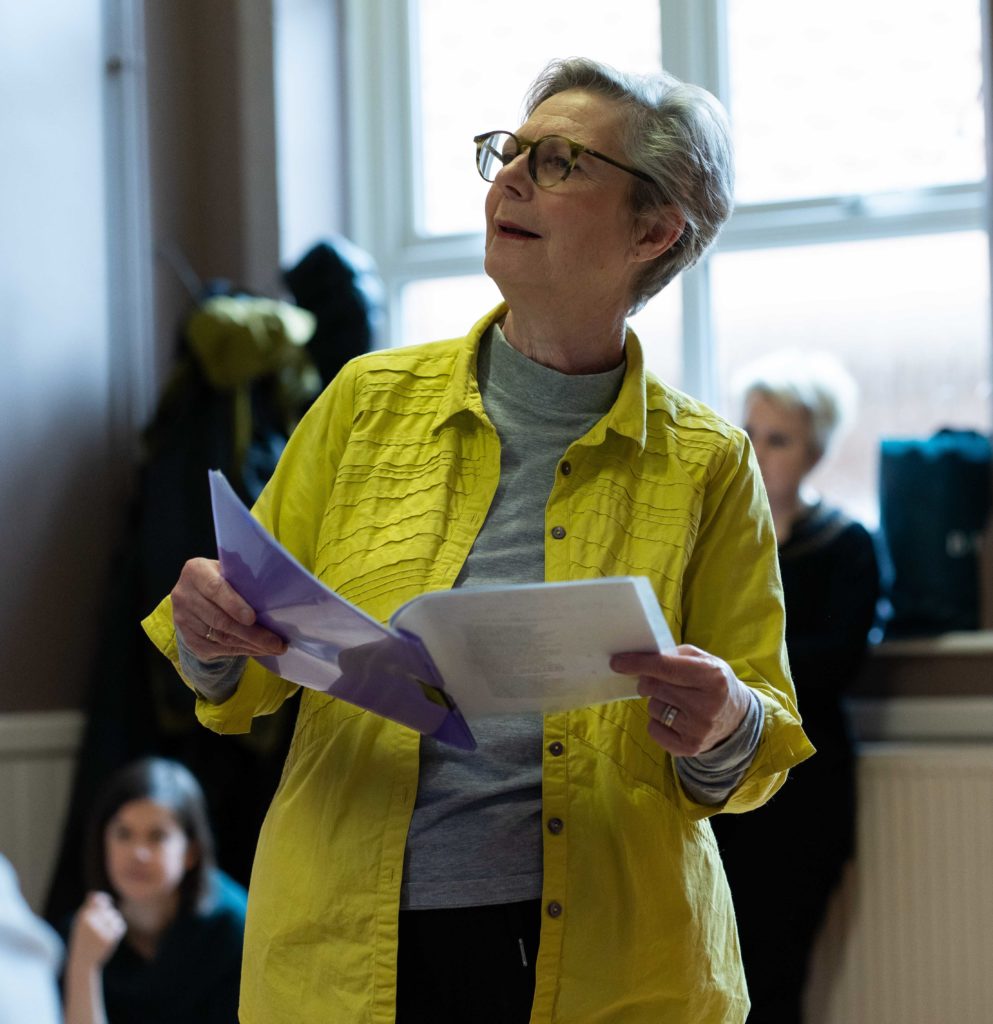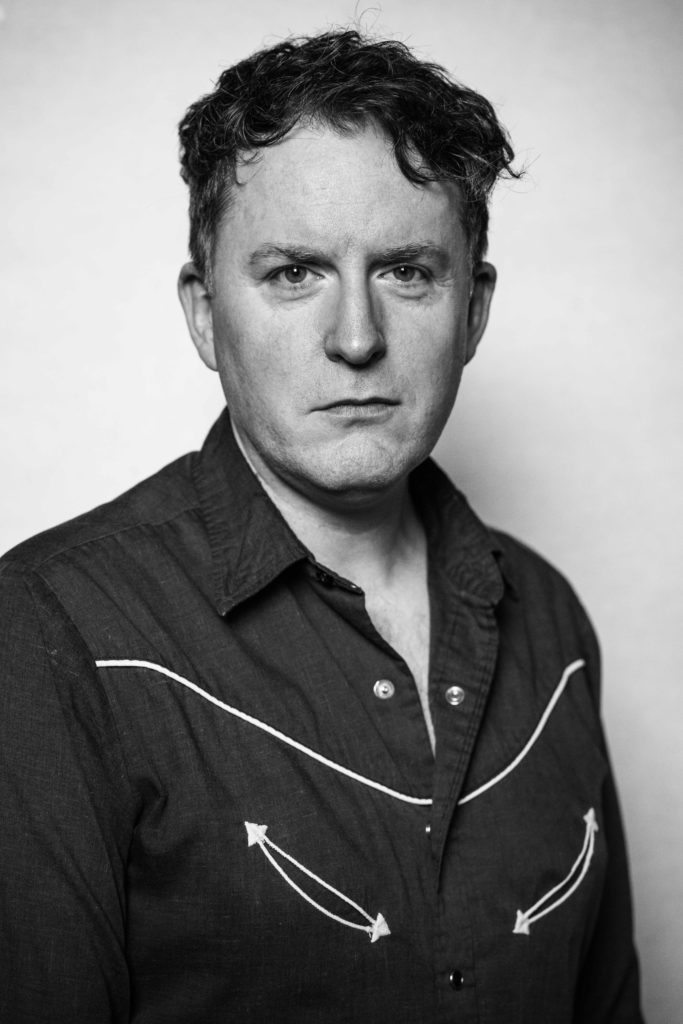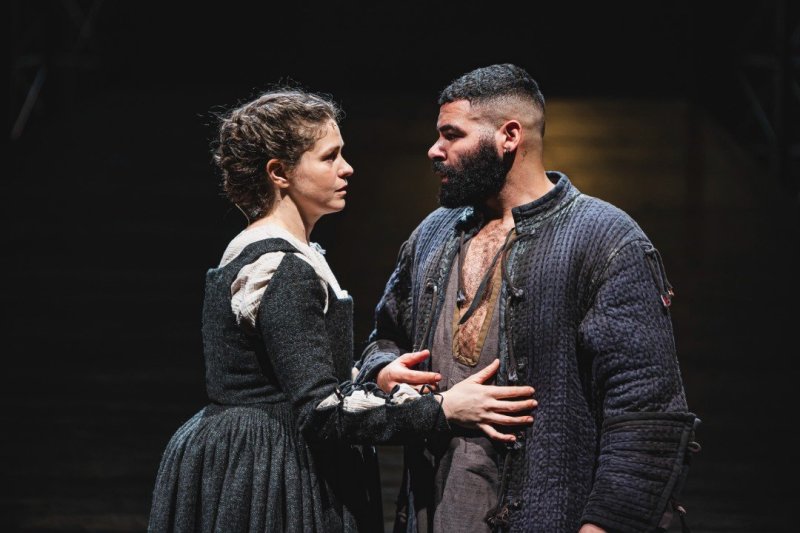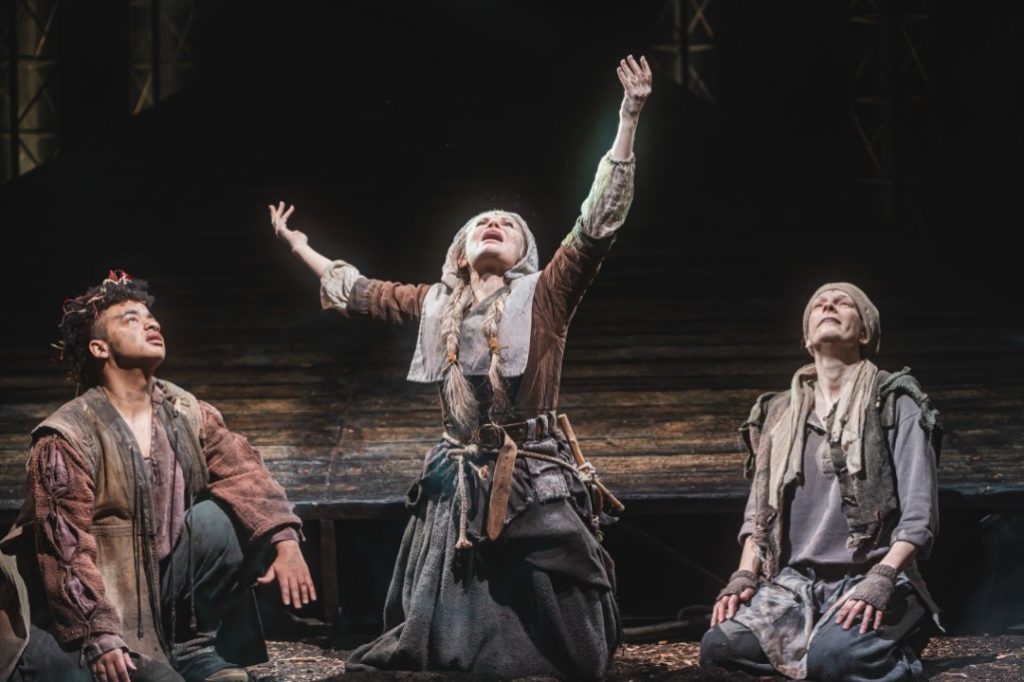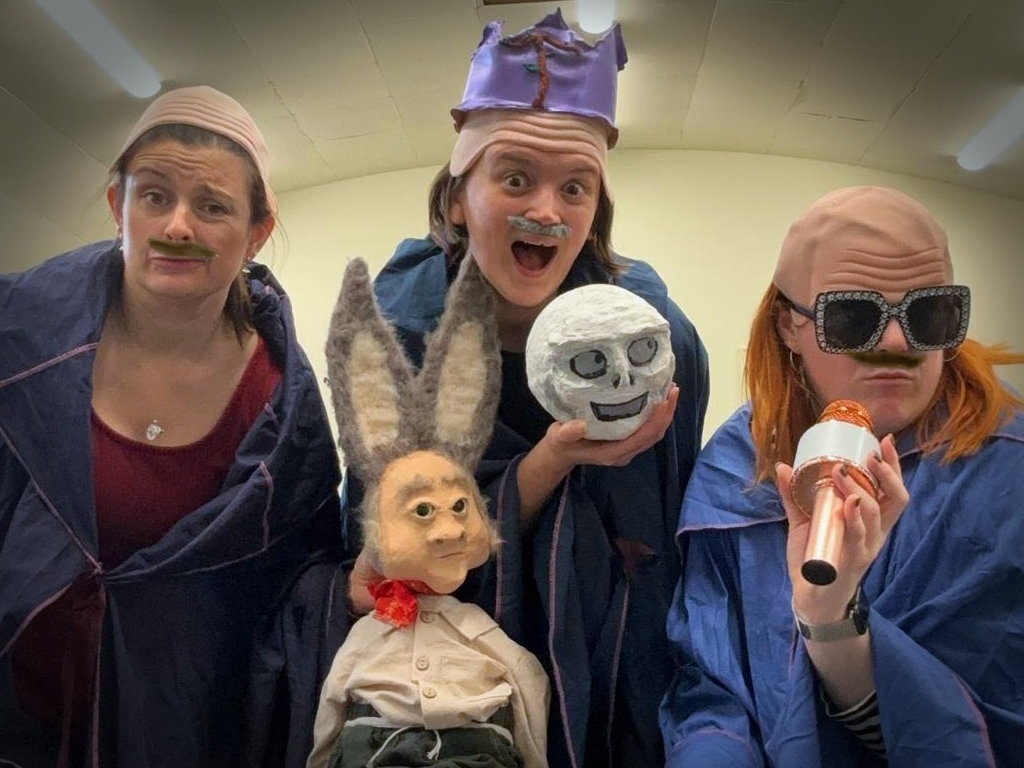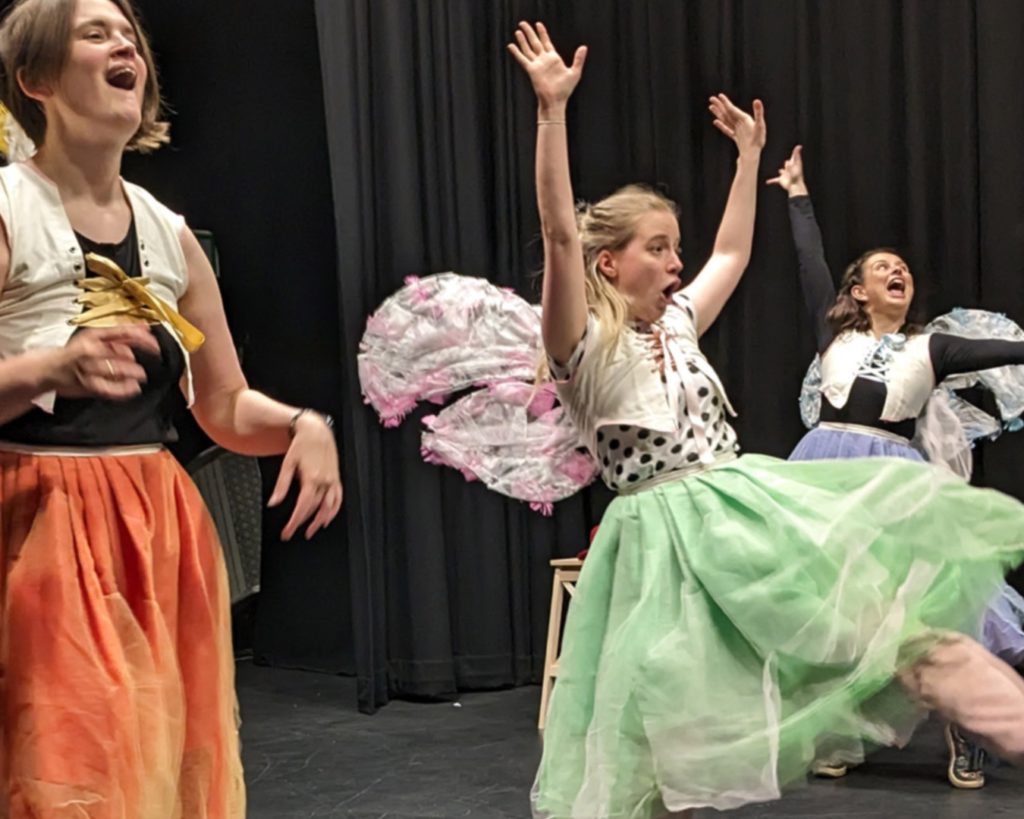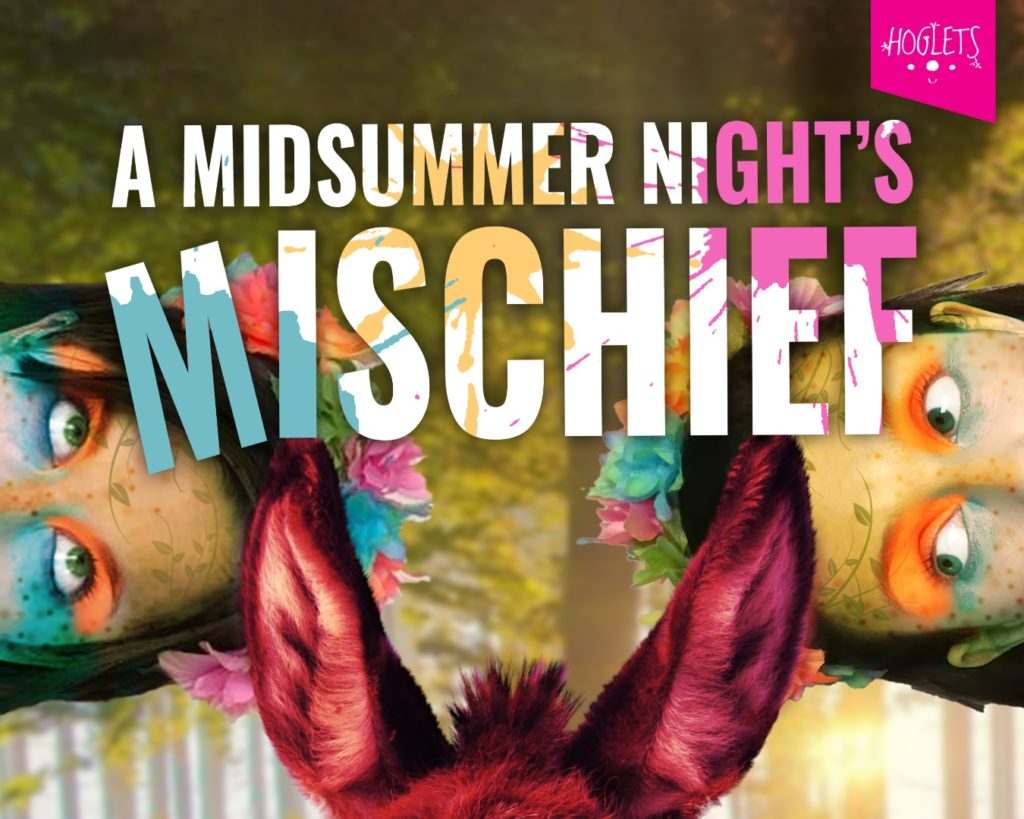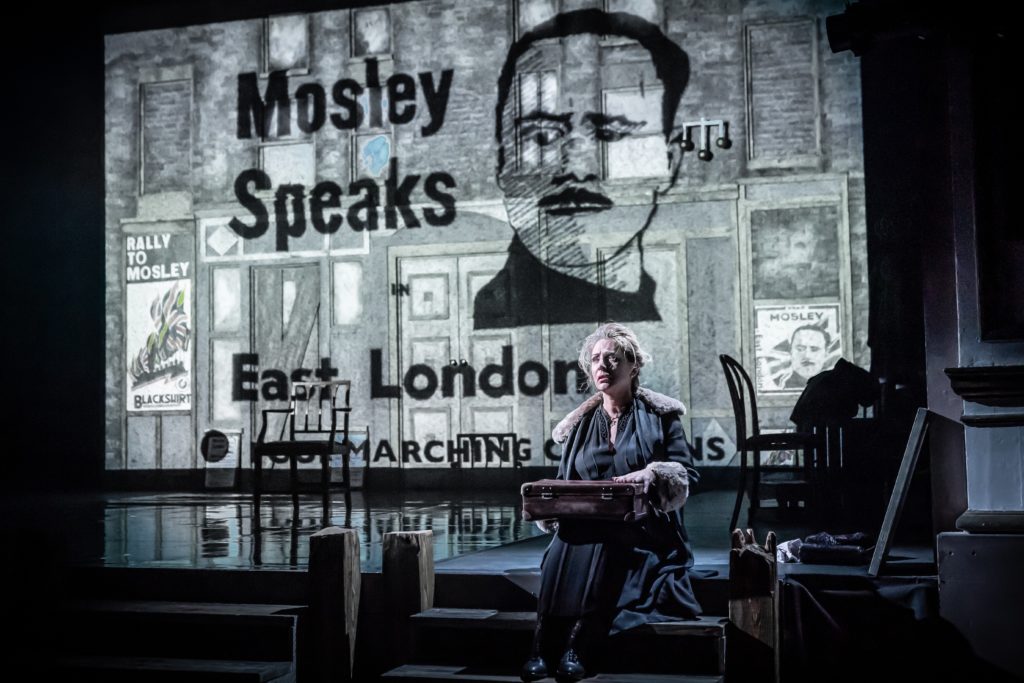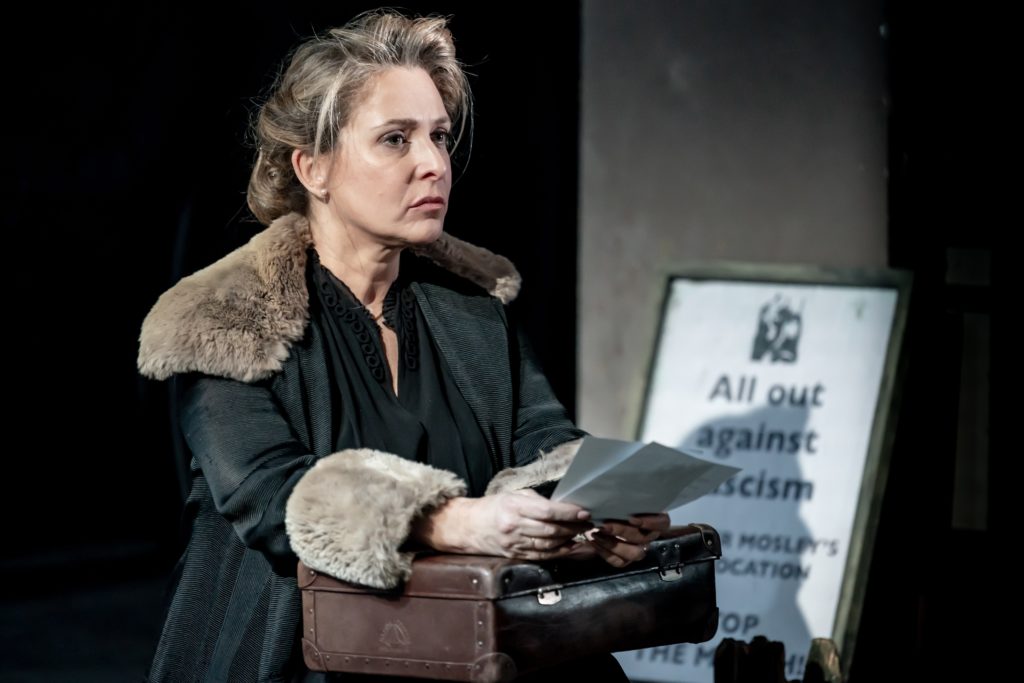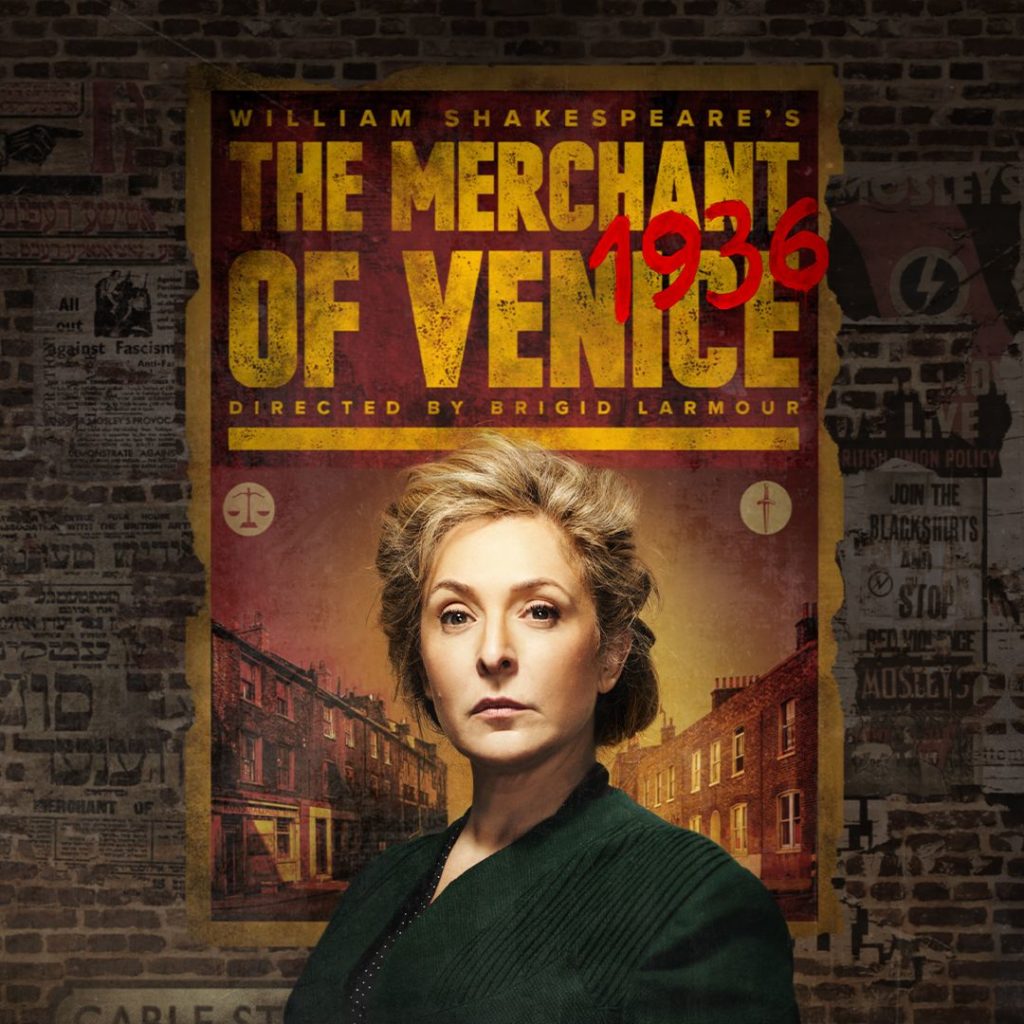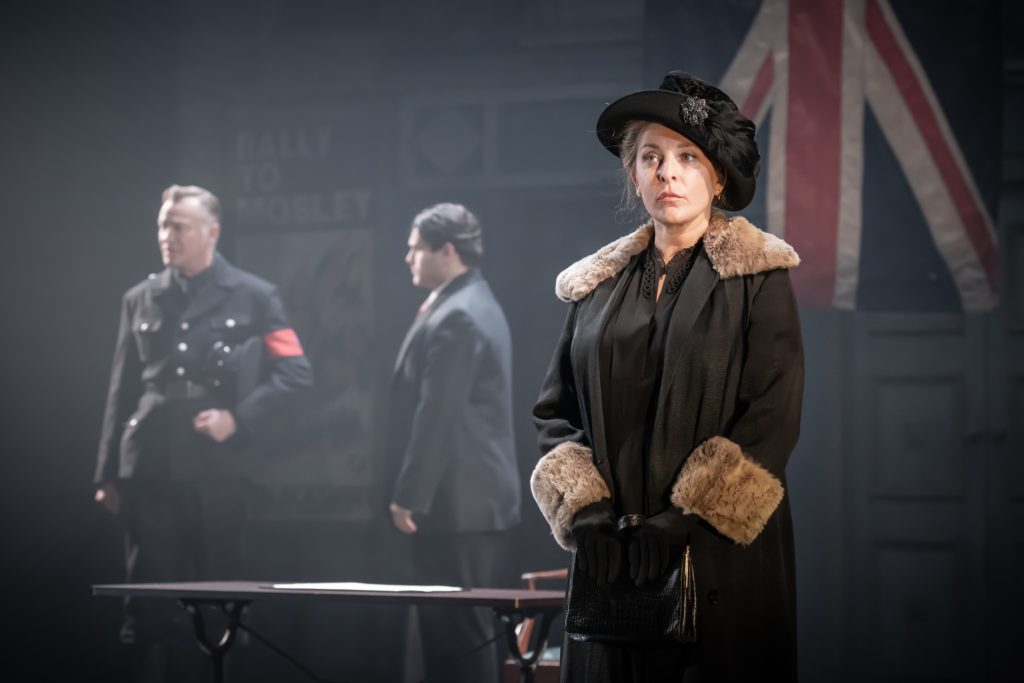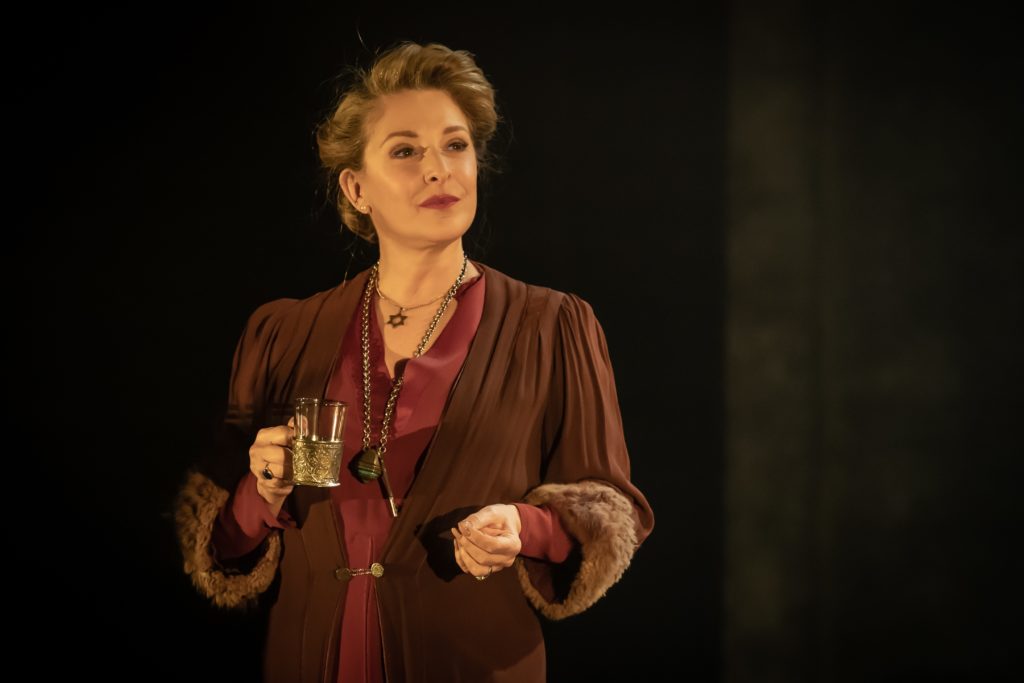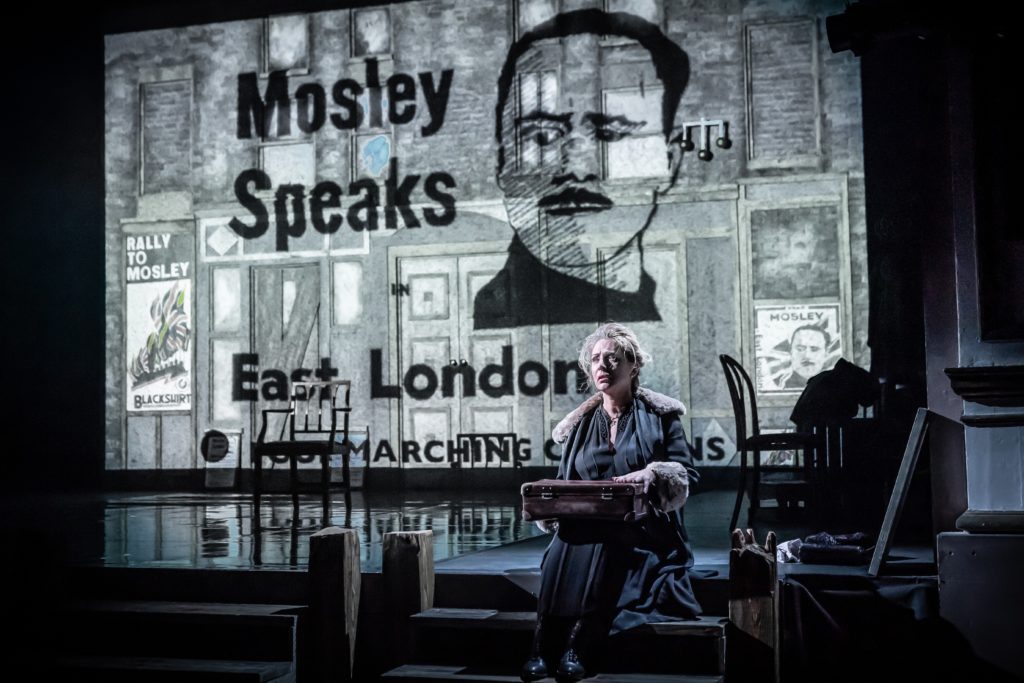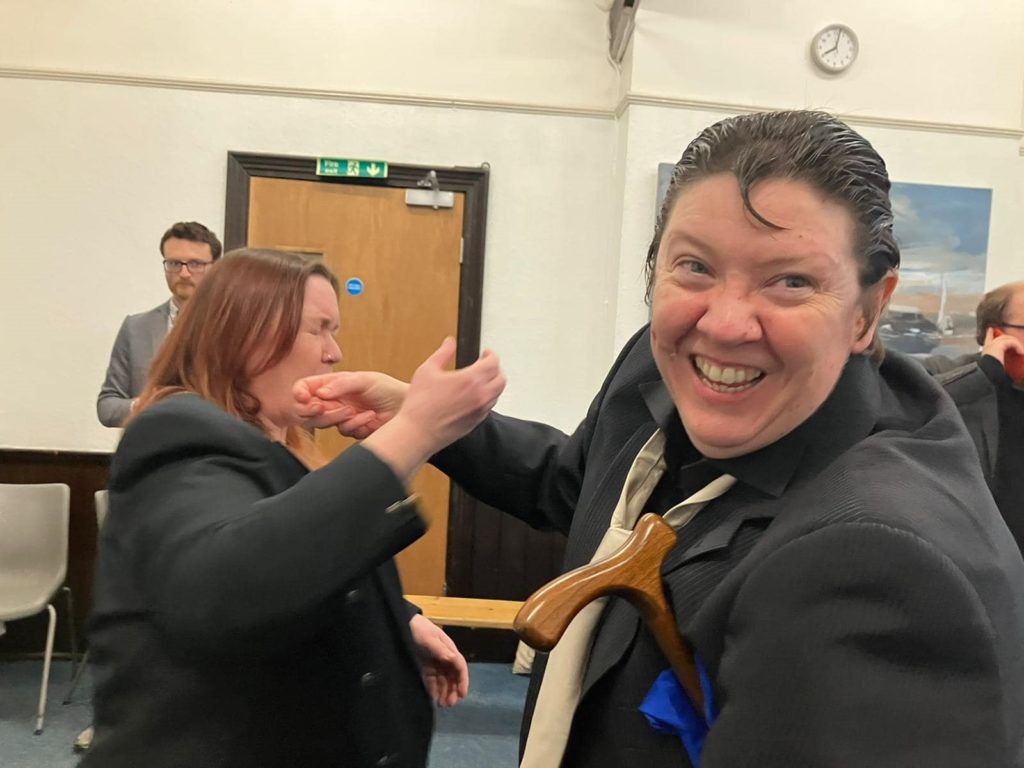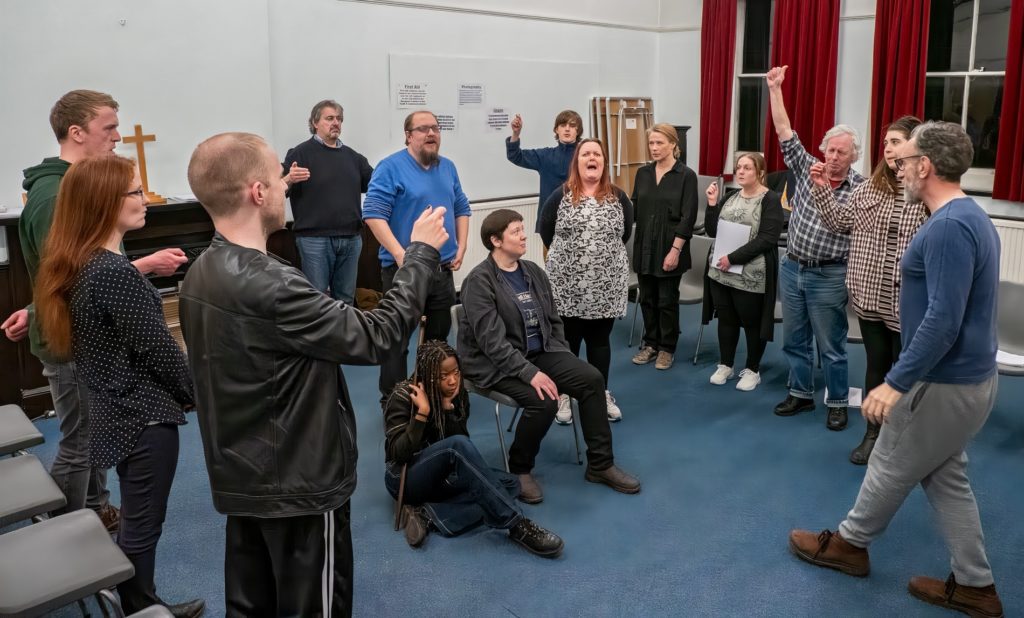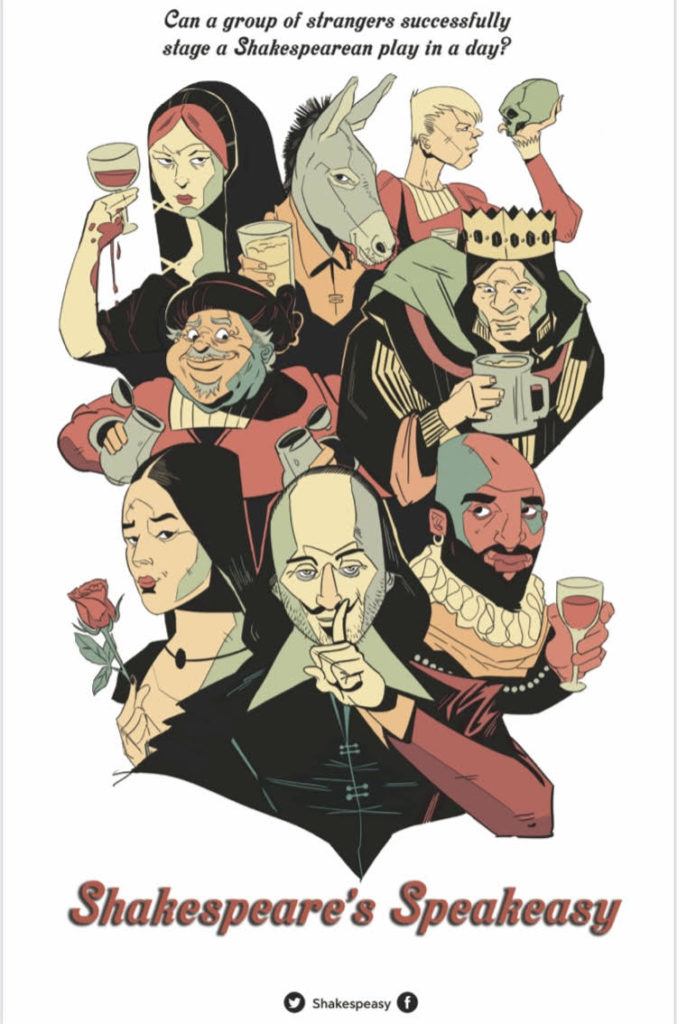
SHAKESPEARE’S Speakeasy is heading to York for the first time on May 16, making its debut at Theatre@41, Monkgate.
“It’s Shakespeare, but it’s secret,” says the theatre’s website. “Can a group of strangers successfully stage a Shakespearean play in a day? Shakespeare’s Speakeasy is the place for you to find out.
“Taking an irreverent and entertaining view of the Bard’s work, this one-night-only production promises you an hilarious take on one of Bill’s best known plays. But which play will it be? Well, like all good Speakeasys, that’s a secret.”
Why so secret? Let artistic director Steven Arran explain: “We don’t actually unveil the play until the curtain goes up. ‘Speakeasys’ are supposed to be secret after all! And if I unveiled our reason for choosing it, that will probably give the game away. You’ll just have to come along and find out.”
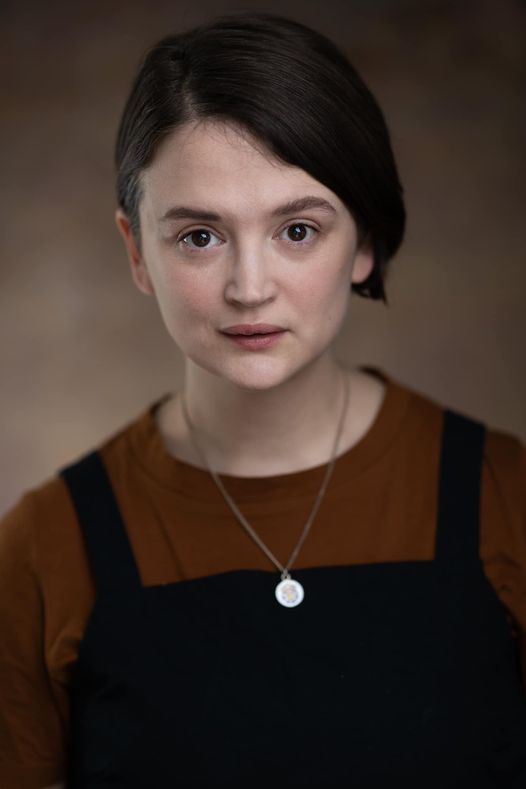
Shakespeare’s Speakeasy started in Newcastle upon Tyne on September 11 2018. “We performed our first show at a great Fringe venue, the Alphabetti Theatre, but post-pandemic we migrated to The People’s Theatre, where we’ve developed a very enthusiastic and loyal audience who have responded well to our anarchic and irreverent style,” says Steven.
“As to why we started, that’s a horse of many colours. I’d been working in Canada as an actor, where I performed in a lot of outdoor Shakespearean productions. In North America, Shakespeare was treated like a holy text with a major focus on treating every line as sacrosanct – the major focus being on the poetry.
“For me, this really detracted from the characters being real humans with human emotions, and I knew that it was the latter I was more invested in as an audience member.”
This prompted Steven to think of his experiences watching Shakespeare in the UK. “No-one was really staging Shakespeare in Newcastle, and I realised the majority of opportunities I had to watch in Newcastle was if the RSC [Royal Shakespeare Company] or the National Theatre rolled through town at the Theatre Royal, and you’d pay top dollar for the privilege to watch a lot of posh boys and girls recite lines that you remembered from school,” he says.
“This did not make me feel included. The price made it feel like ‘a treat’ and the accents made me feel like Shakespeare was something for ‘them’, not for everyone. My drama school training had really opened my eyes that this should not be the case, and so I was resolved to cast local actors to produce shows for local audiences, in which they would see people like them reflected on the stage.

“Also, these plays are SO funny and entertaining, something lost in many productions, and I wanted to inject that excitement into my shows. Shakespeare’s audience was a rowdy lot for the most part, and we like ours to be too!”
Why begin in Newcastle? “No more exciting an answer than this is my home and I wanted to give my home opportunities that it didn’t already have,” says Steven. “When I was coming up as a young actor, the scene felt like a closed shop, and what little was being produced that we had access to felt very much of the ‘it’s grim up north’ variety.
“No-one was producing Shakespeare bar amateur dramatics groups, and even then it was often in a very affected style. After my experiences at drama school, where I was encouraged to use my own voice, I wanted to see more Geordies doing classical works without being forced to do an RP [Received Pronunciation] accent. It’s still something we run up against all the time though. People think Shakespeare and they think ‘posh’ and it’s simply not the case.”
Steven is the only core member of the Shakespeare’s Speakeasy production company. “One of primary aims is to ensure we employ as many directors and performers as possible, and so there is no wider team so to speak,” he says. “We employ and cast locally to give regional actors opportunities to direct classical pieces that they may not usually get a chance to professionally stage.”
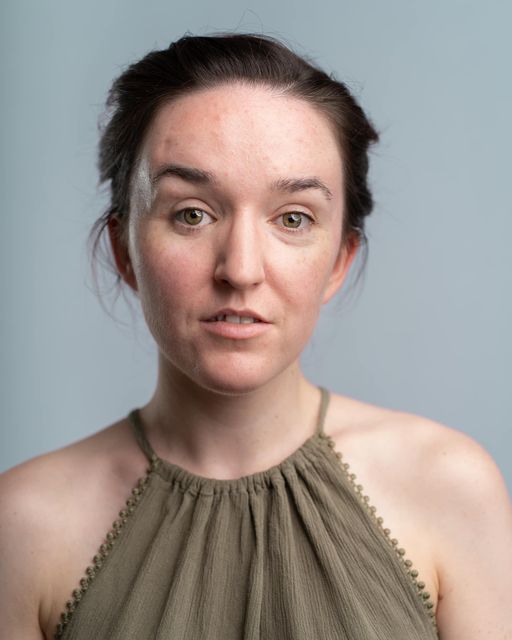
This philosophy has led to the decision to spread Shakespeare’s Speakeasy’s wings to York in its sixth year. “The Yorkshire accent is so rich and versatile, and we want people to hear that on stage,” reasons Steven.
“A primary aim of Shakespeare’s Speakeasy is to champion local performers with local accents and disabuse people of the notion that Shakespeare is ‘posh’ or ‘done in a certain way’. We plan, eventually, to expand to several cities in the North. Venues in Manchester, Glasgow and Liverpool have already been confirmed.”
So far Shakespeare’s Speakeasy has tackled Twelfth Night, Much Ado About Nothing, The Comedy Of Errors, Macbeth, As You Like It, The Taming Of The Shrew, Love’s Labours Lost, Measure For Measure and Hamlet, some staged more than once.
“We mostly stick to the comedies, but have done a few tragedies, which our irreverent style has made a laugh riot,” says Steven. “It’s hard to make people feel the ‘feels’ of Hamlet in 70 minutes, so you may as well make them laugh at some of the more ridiculous elements.”
May 16’s inaugural York performance will be Shakespeare’s Speakeasy’s 13th show. “Unlucky for some, let’s hope it’s not us!” says Steven.
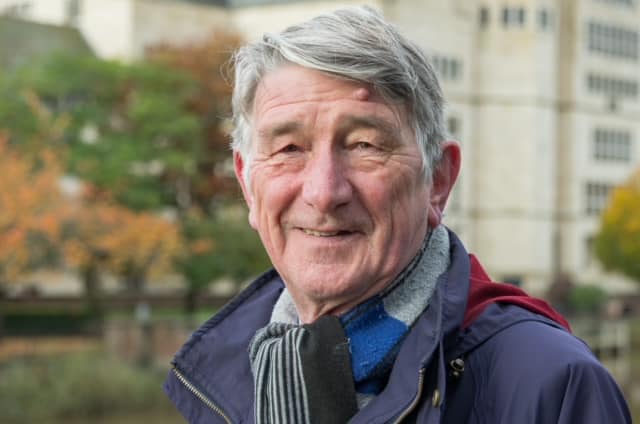
Among those taking part will be Claire Morley, Esther Irving, Tempest Wisdom, Alice May, Ian Giles, Rowan Naylor Miles and Jake Wilson Craw. “We’ve assembled a really talented troupe for this production but, honestly, we could have cast the play three times over,” says Steven.
“It was humbling to see the enthusiasm we were greeted with by York’s acting community. Applicants came via word of mouth – actors who have worked with us voluntarily spread the word – and also through various social media groups. Theatre@41 and York Theatre Royal were also very gracious in spreading word of the opportunity. The cast has since had four weeks to learn their lines.”
The day will be a long and challenging one, but full of laughter and play too, for actors and director alike. “The actors will meet at 9am – the first time they meet in person – and do a line run of the whole play,” says Steven. “After that, we’ll spend the day, approximately eight hours, going through the show scene by scene, getting it on its feet and doing the basic business of blocking and tech on the fly.
“It’s a very collaborative experience. Actors are encouraged to share ideas they have for scenes, and we’ll give them all a try as long as we have the time. Whilst the directors always have a vision – we’ve done a Lion King version of Hamlet, Twelfth Night in a Butlins-style holiday camp – it’s really important for us to let the actors offer their suggestions. A good idea can come from anyone.”
The climactic performance will be fully teched and costumed. “Not to RSC standards, mind you. Expect cardboard sets, plastic swords and all manner of ridiculousness,” promises Steven. “This is Shakespeare as pure entertainment”.
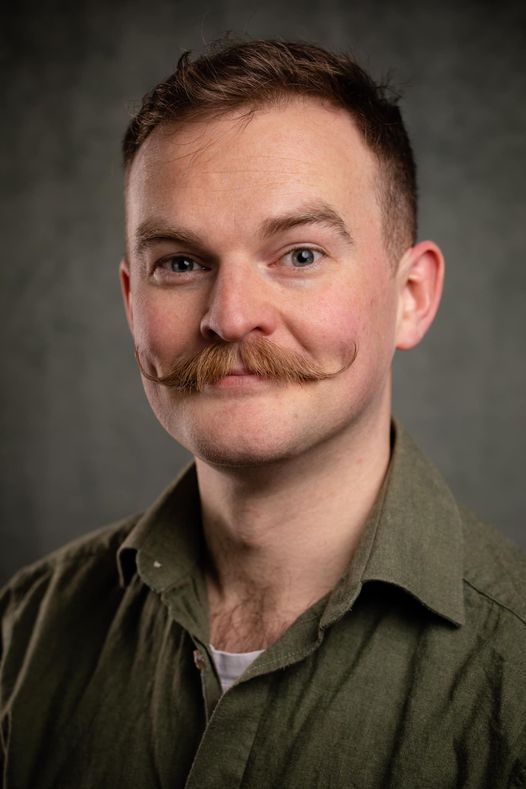
Asked to define the characteristics of a typical Shakespeare’s Speakeasy experience, Steven says: “I’ve reached out to some loyal audience members for this answer, as well as my own thoughts. The characteristics would be funny and local. Chaotic. Very silly. We’re entertaining first and foremost.
“We want you to have a good time, and because of that we’re often irreverent, sometimes bawdy, and sometimes downright daft. We want you to see the people you know in your everyday life on stage, not vaunted legendary characters. You will always leave with a smile on your face.”
Looking ahead, will Steven be seeking to make Shakespeare’s Speakeasy a regular event in York? “Hopefully yes,” he says. “Since our inception, we’ve staged 12 productions in Newcastle and see no reason why our format cannot be replicated in York and other cities in the north.
“One of our primary aims is to give regional actors more work. You shouldn’t have to move to London to work in the field you love – and the only way to do that is to stage productions.”
Shakespeare’s Speakeasy York, Theatre@41, Monkgate, York, May 16, 7.30pm. Box office: tickets.41monkgate.co.uk.
Steven Arran: back story on North East actor, theatre maker and artistic director behind Shakespeare’s Speakeasy

“I WAS a professional actor for ten years. I trained at the Royal Conservatoire of Scotland and was lucky enough to work in the UK and North America. My interest in Shakespeare only really emerged during this time when we spent a term at Shakespeare’s Globe Theatre.
“Being in that space, realising how the environment informed the play scripts and, most importantly, being encouraged to perform the text in my own accent and not an affected RP, really opened my eyes to how accessible Shakespeare could be.
“Seeing shows there whilst in the pit for £5 a pop didn’t hurt either. You can feel both financially and culturally excluded from Shakespeare and we aim to break down that assumption.
“I also wanted to give young local actors the opportunity to act in their own town, and to become familiar with classical plays, which they may have had no access to other than reading along in English class. (Not how we should be experiencing them).
“To date we’ve employed more than 80 actors from the North East and hope to do similar in different regions.”
Steve Arran’s profile on LinkedIn:
PROFESSIONAL actor, committed writer, passable stand-up, enthusiastic gamer, fanatical art historian and total cinephile. Very skilled in classical theatre and improvisation. Screenplays’ relation to historical events a speciality.
Did you know?
STEVEN Arran works with International House language school, helping non-English speakers to learn the language through acting in mini-Shakespeare productions.

